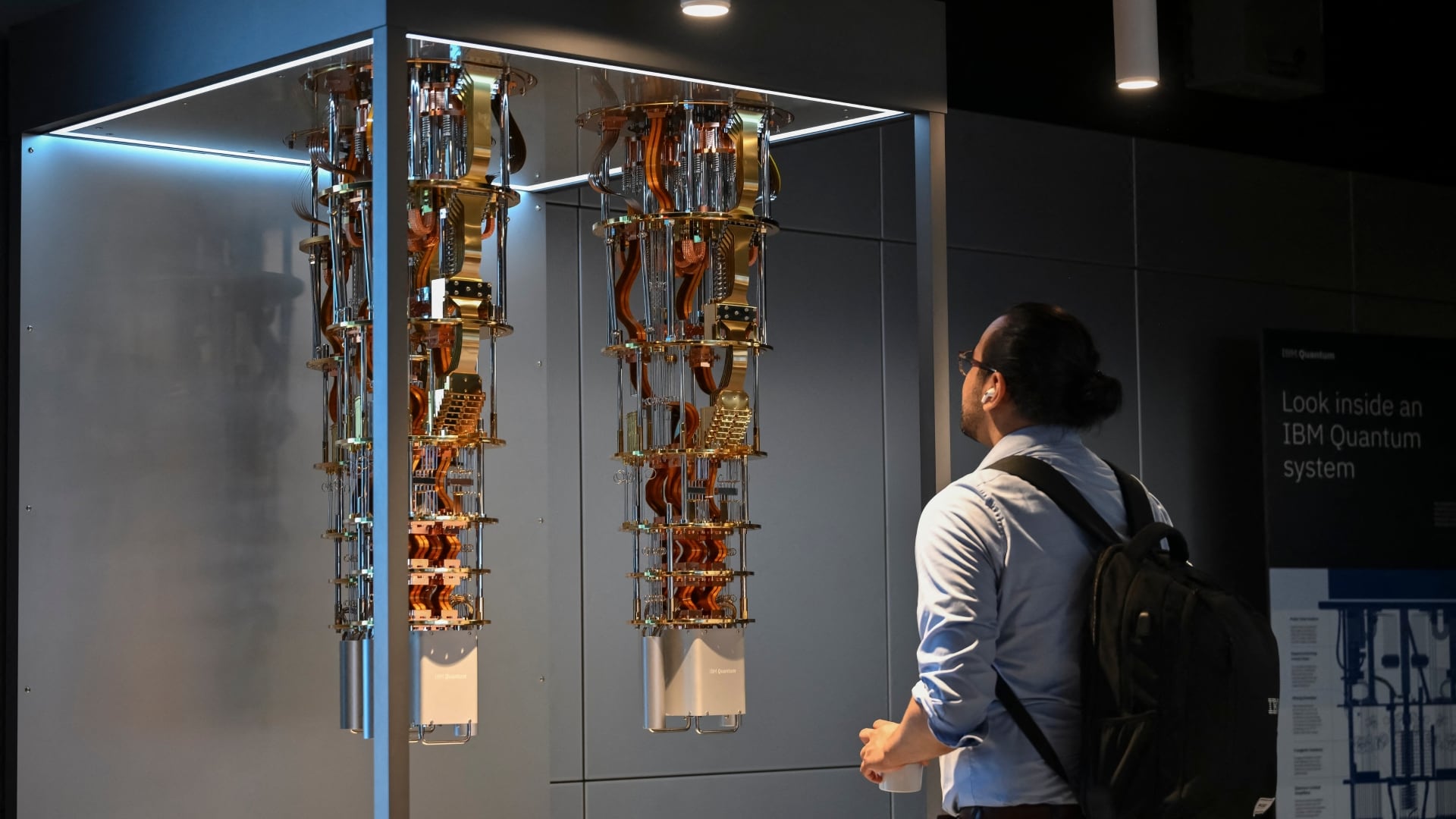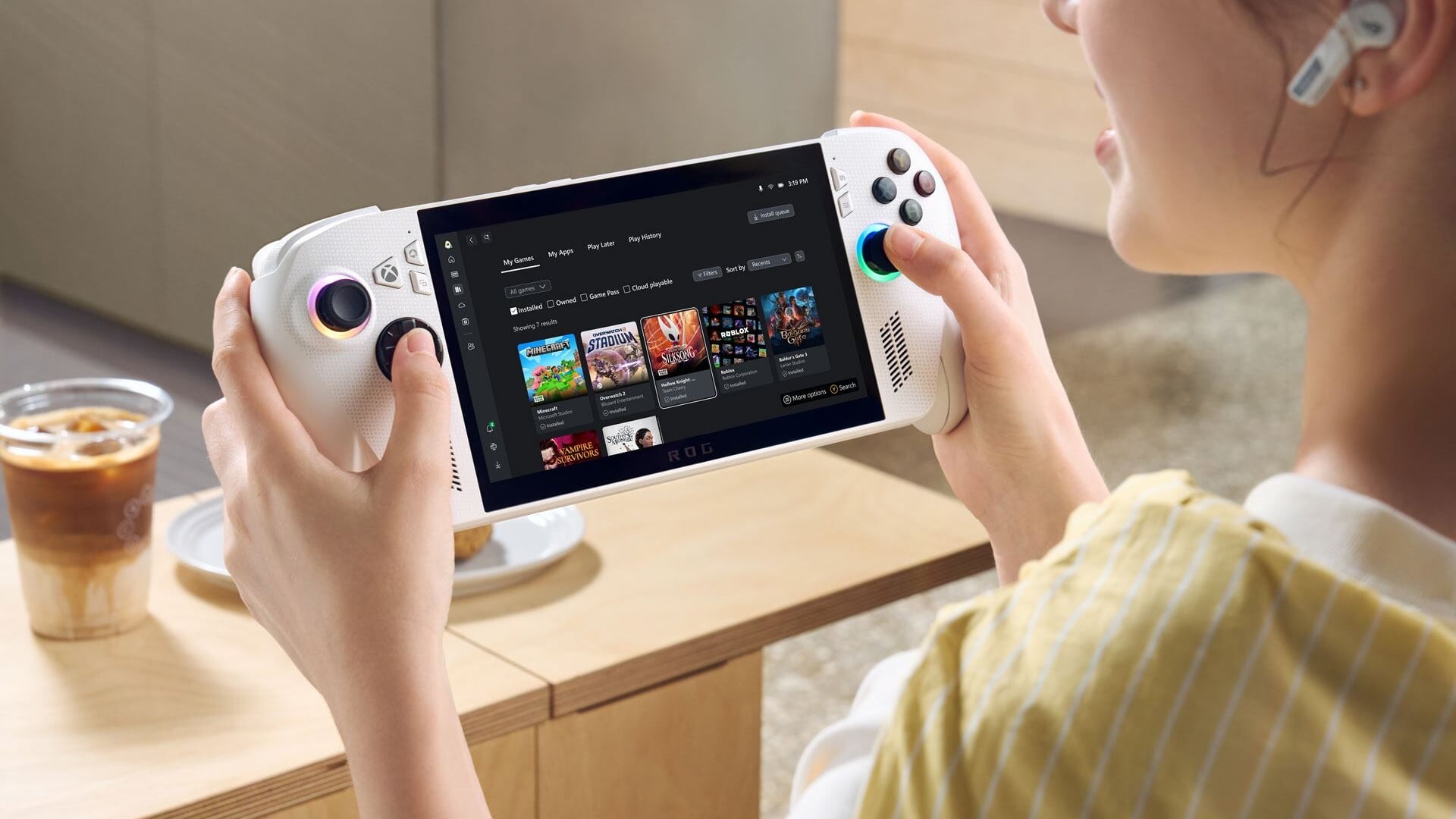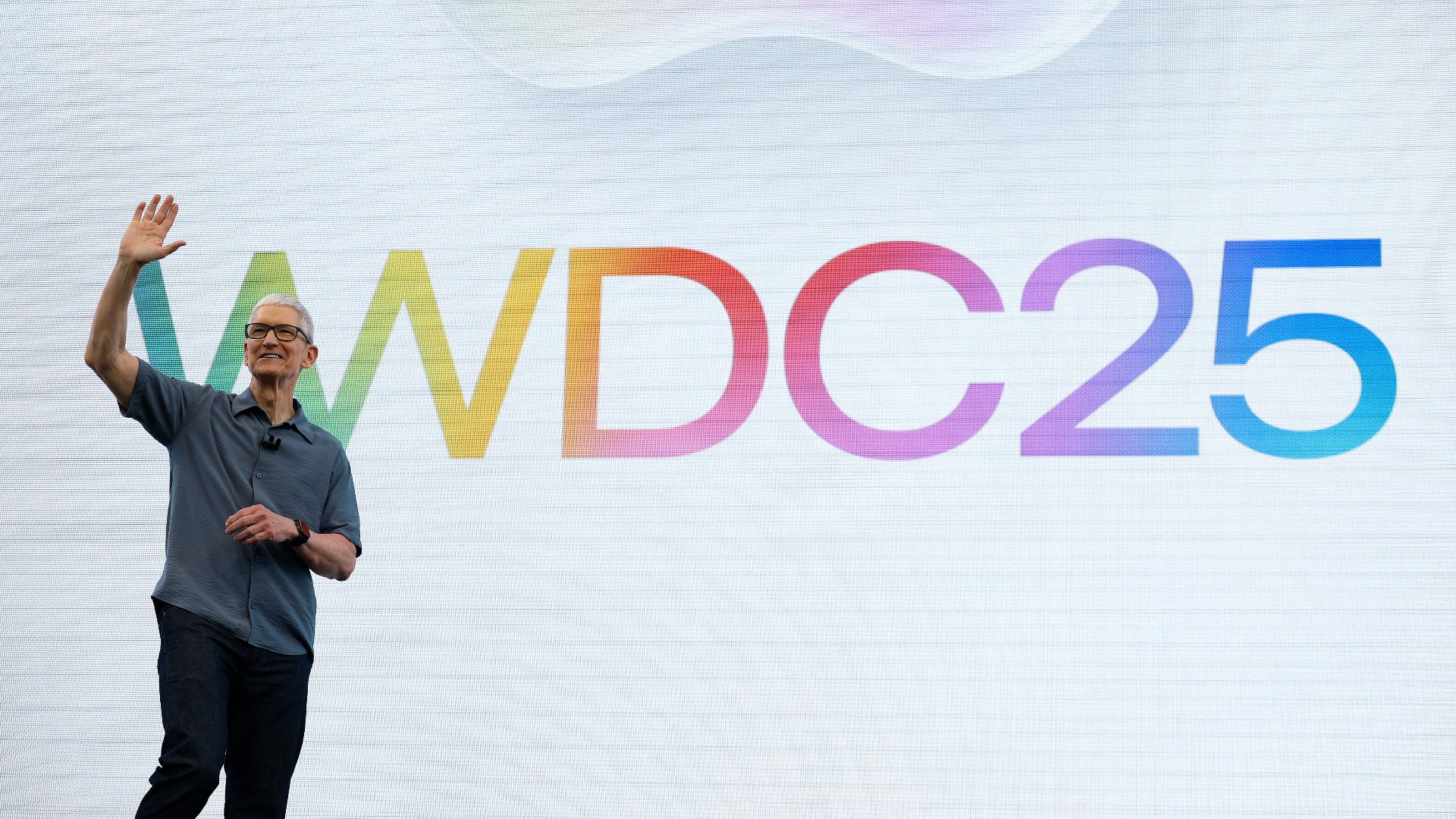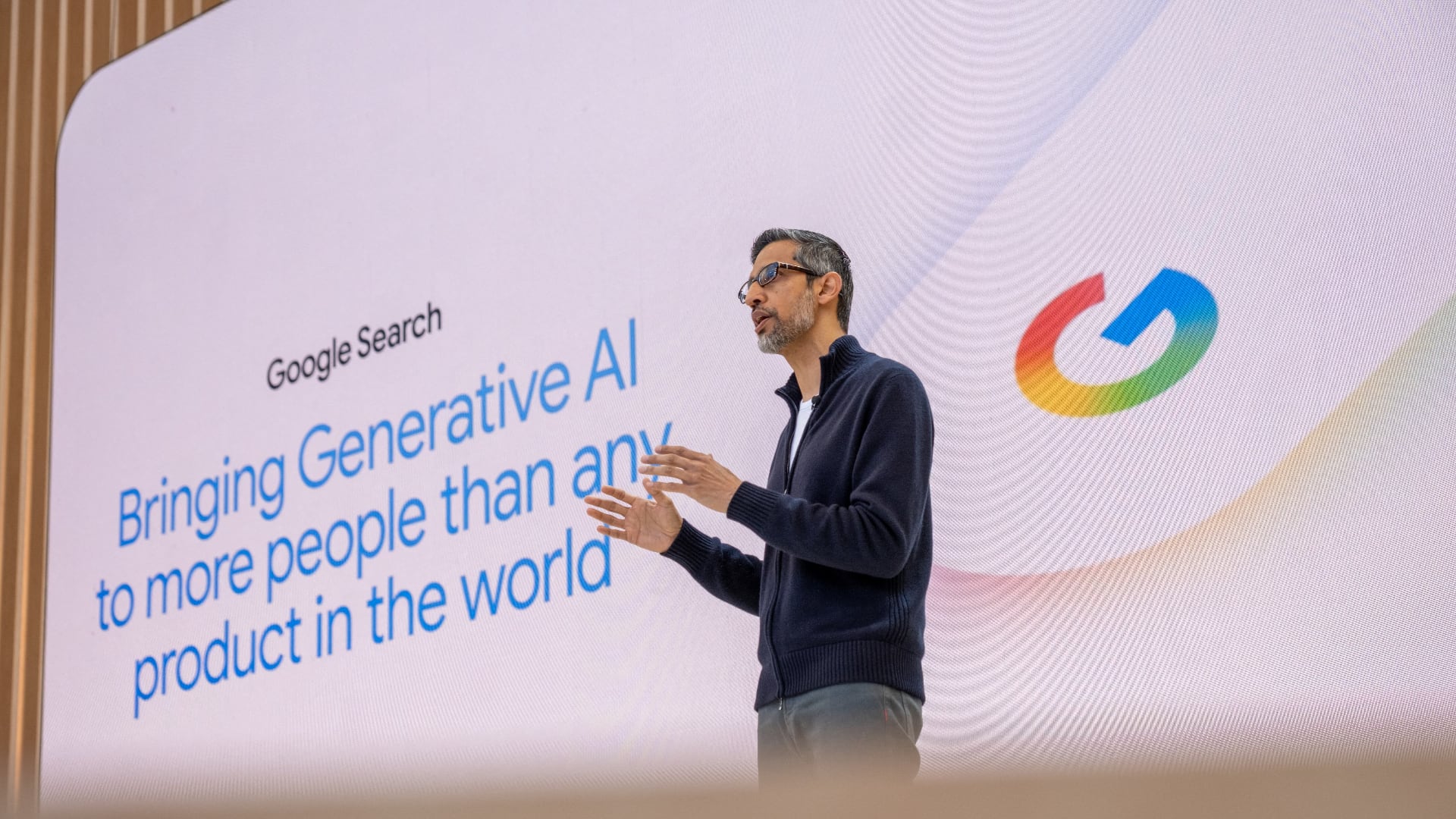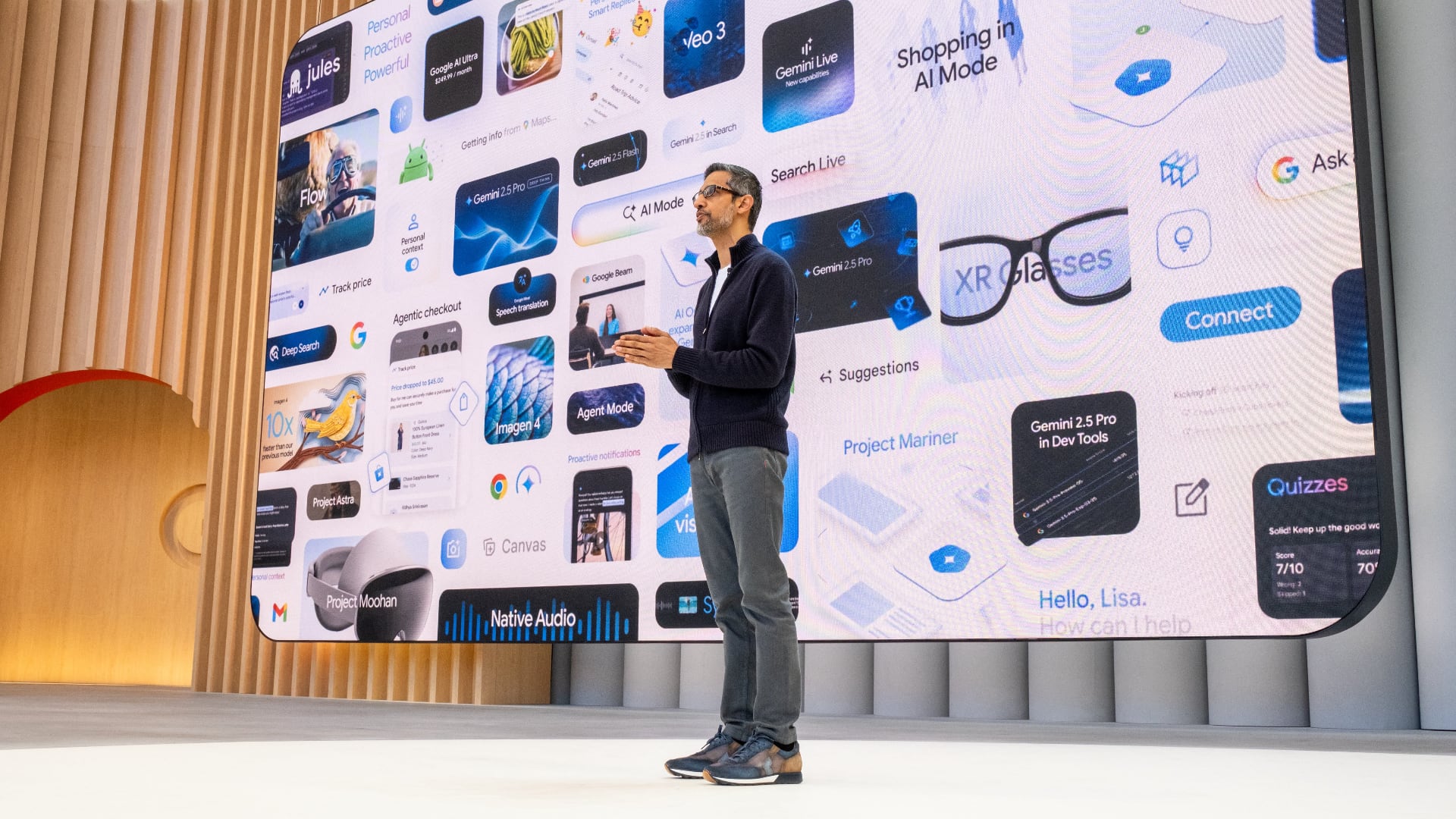*by Tanaya Macheel* Next year may signal a more widespread adoption of crypto among institutional investors ー if the current momentum continues, that is. Grayscale, a veteran digital currency investment firm, saw record inflows, $330 million in the first three quarters of 2018 ー most of which came from institutional investors including hedge funds, endowments and pensions, according to the managing director. “That’s against nothing but price decline,” which investors are using as “a time to create \[an\] initial position or start scaling into a position” in Bitcoin or other crypto assets, Michael Sonnenshein told Cheddar on Friday. In the third quarter, 73 percent of inflows were into the Bitcoin Investment Trust, while 27 percent were into Grayscale products tied to other digital assets, according to Grayscale’s third-quarter Digital Asset Investment Report, published Thursday. For the year to date, Bitcoin accounted for 66 percent of total assets raised and 34 percent went into other digital assets. Most of Grayscale’s capital inflows are going to its Bitcoin product because investors are most familiar and comfortable with it. Eight of Grayscale’s nine different products are for single currencies ーlike Bitcoin or XRP. The ninth is a bundle that offers exposure to the largest digital currencies by market cap. “We’re starting to see a lot more interest in those types of structures, especially in the wake of seeing other firms shut down their index products,” Sonnenshein said of the large cap fund. “A lot of folks want to generally allocate to the space and not have to choose winners or avoid losers and like the idea of the large cap fund for that very reason.” Since late last year’s run-up, when the price of Bitcoin reached nearly $20,000, Fidelity, the third-largest asset manager in the world, announced plans to launch a crypto custody and institutional brokerage business. Goldman Sachs announced plans to open a crypto trading operation. Intercontinental Exchange, the parent company of the New York Stock Exchange, has entered the crypto industry through a new company called Bakkt. Earlier this week, Morgan Stanley released a bullish report on cryptocurrencies, hailing Bitcoin and other digital assets as a "new institutional investment class.” “The once taboo nature of investing in digital currencies has been shrugged off by most investors. When we go sit down with our hedge fund clients, endowments, whatever they may be, there is so much knowledge on the other side of the table that, to us, is really validating," Sonnenshein said. For full interview [click here](https://cheddar.com/videos/morgan-stanley-says-cryptocurrencies-are-a-new-asset-class).
